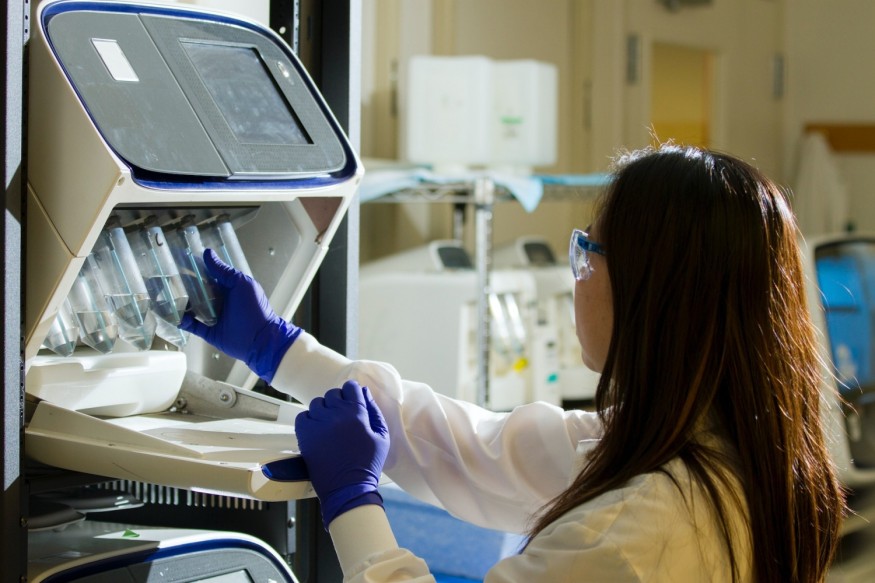
The advent of technology has profoundly impacted our lives, reshaping even our approach to health and well-being. As we navigate this digital age, innovative technologies are increasingly playing a crucial role in managing chronic diseases like diabetes, enabling personalized care and improving quality of life. In this transformative era, let's explore how these breakthrough technologies are revolutionizing diabetes management.
Real-time Glucose Monitoring
Living with diabetes used to mean regular finger pricks and constant vigilance to keep blood sugar levels in check. However, continuous glucose monitoring (CGM) systems are changing this narrative. CGMs, like the Dexcom G6, provide real-time glucose readings every few minutes, offering a detailed view of a person's glucose levels throughout the day and night.
According to a 2018 study by Diabetes Care, the use of CGMs led to a significant decrease in HbA1c levels in adults with type 1 diabetes, without increasing the rate of severe hypoglycemia. This innovative technology offers an unprecedented level of control and convenience to people living with diabetes.
Insulin Delivery Made Smart
Smart insulin pens are another breakthrough, easing the burden of diabetes management. These devices track and record insulin doses automatically, eliminating the need for manual logs. They can sync with a smartphone and provide dose reminders, enhancing adherence to insulin therapy.
A research study from JMIR mHealth and uHealth reported that 65% of participants found smart insulin pens to be very useful, noting improvements in their adherence and overall diabetes management.
The Rise of Diabetes Management Apps
A noteworthy addition to the toolkit of diabetes management is the use of a diabetes management app. These applications not only track glucose levels but also monitor diet, physical activity, and medication schedules. It offers personalized advice and connects patients with their healthcare team for streamlined communication.
A study published in the Journal of the American Medical Informatics Association in 2020 showed that the use of a diabetes management app significantly improved HbA1c levels in a period of three months, highlighting the role of digital health interventions in diabetes management.
The Promise of Artificial Intelligence
Artificial intelligence (AI) is heralding a new era in healthcare, and diabetes management is no exception. AI-based applications can predict and alert users about potential hypoglycemic events, allowing preemptive action.
According to research presented at the American Diabetes Association's 79th Scientific Sessions, an AI algorithm successfully predicted 75% of hypoglycemia events within a 60-minute window, thus significantly mitigating the risks associated with these potentially life-threatening events.
Conclusion: An Optimistic Outlook
With these technological advancements, the future of diabetes management appears promising. The integration of innovative technologies is not only empowering individuals with diabetes but also reshaping the landscape of diabetes care, moving towards a more proactive, personalized, and efficient model. As research advances and these technologies become even more sophisticated, people living with diabetes may soon experience an unprecedented level of control over their health, transforming diabetes from a debilitating disease into a manageable condition.
© 2025 ScienceTimes.com All rights reserved. Do not reproduce without permission. The window to the world of Science Times.












